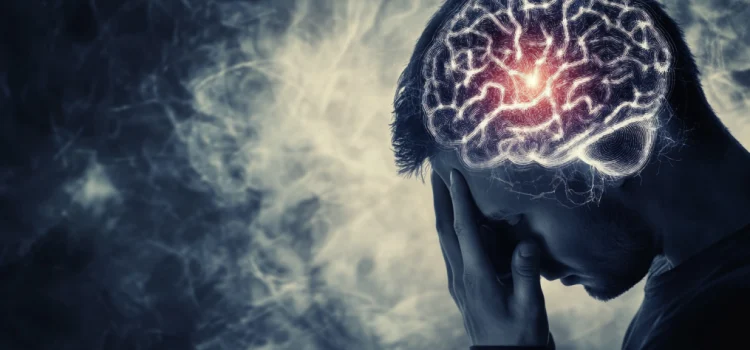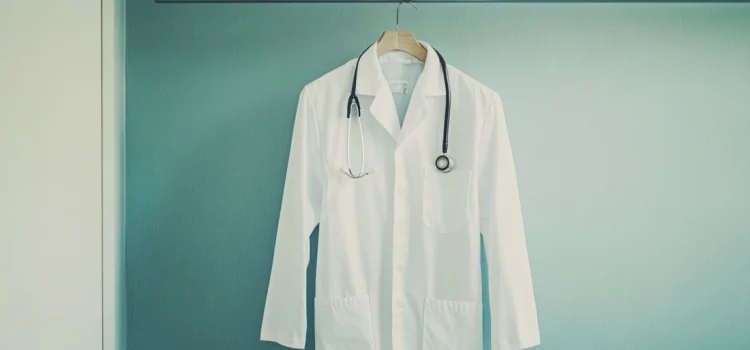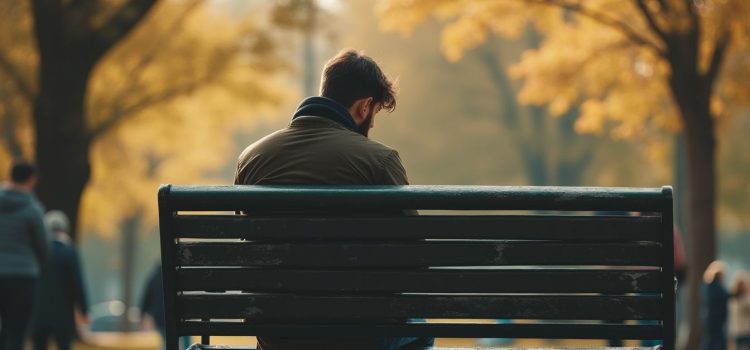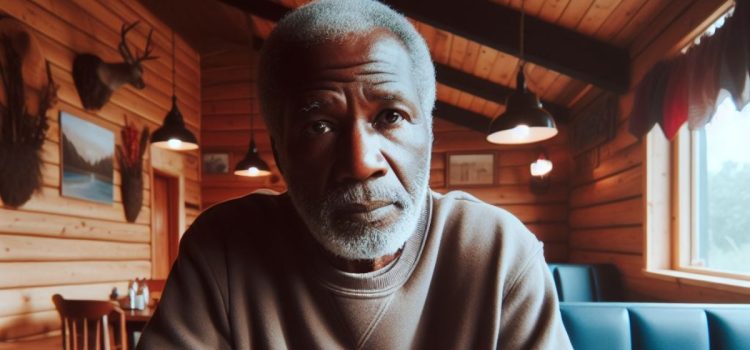What happens in your brain when someone you love dies? How does your brain process and adapt to loss? In The Grieving Brain, psychologist Mary-Frances O’Connor explores how our brains create maps to track loved ones and what happens when death disrupts these mental maps. Her research reveals why grief takes time and how our brains gradually adjust to the permanent absence of someone we love. Read on to explore the fascinating—and insightful—science of grief.
The Science of Grief: How Death Affects the Brain’s Maps










